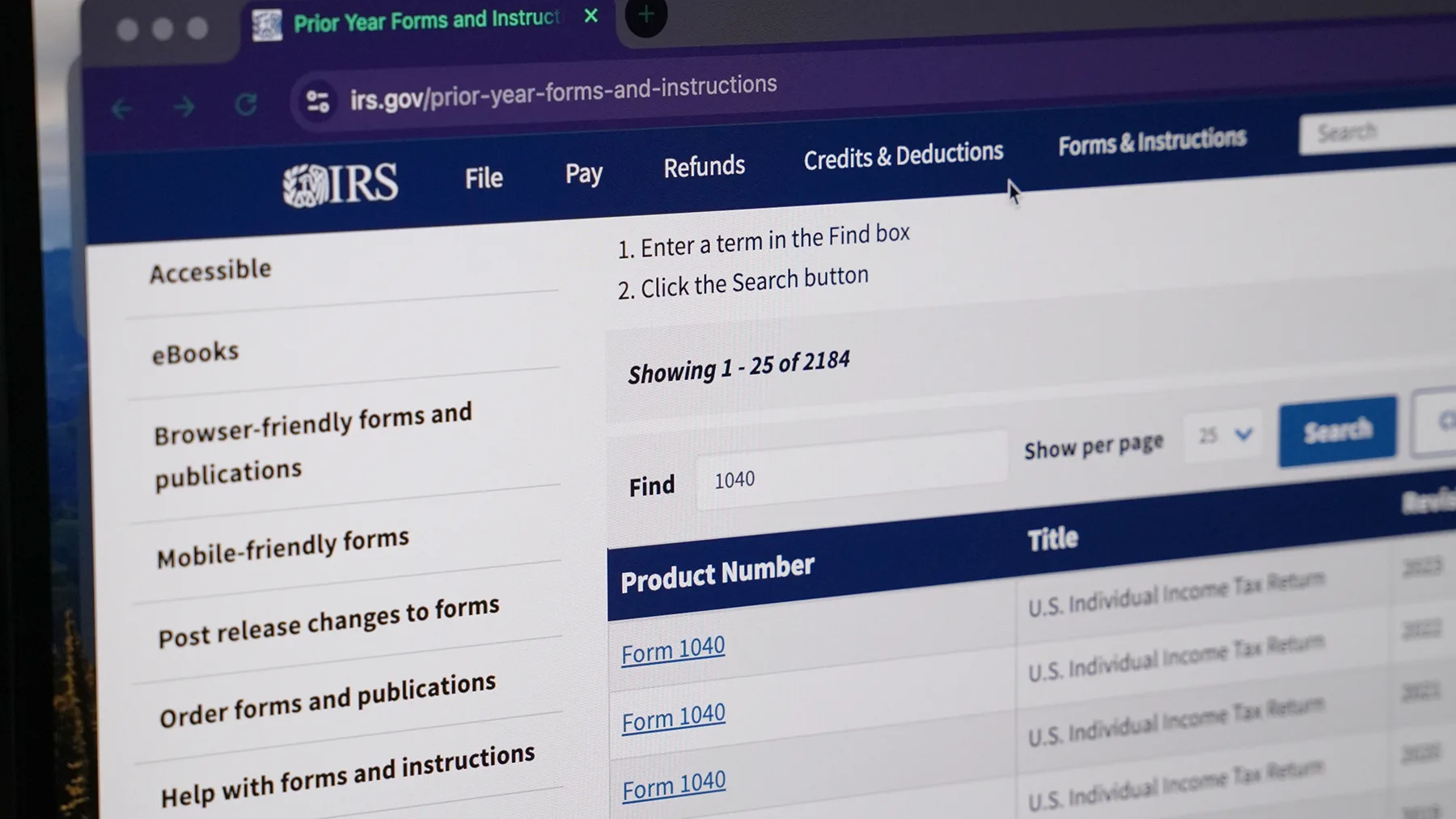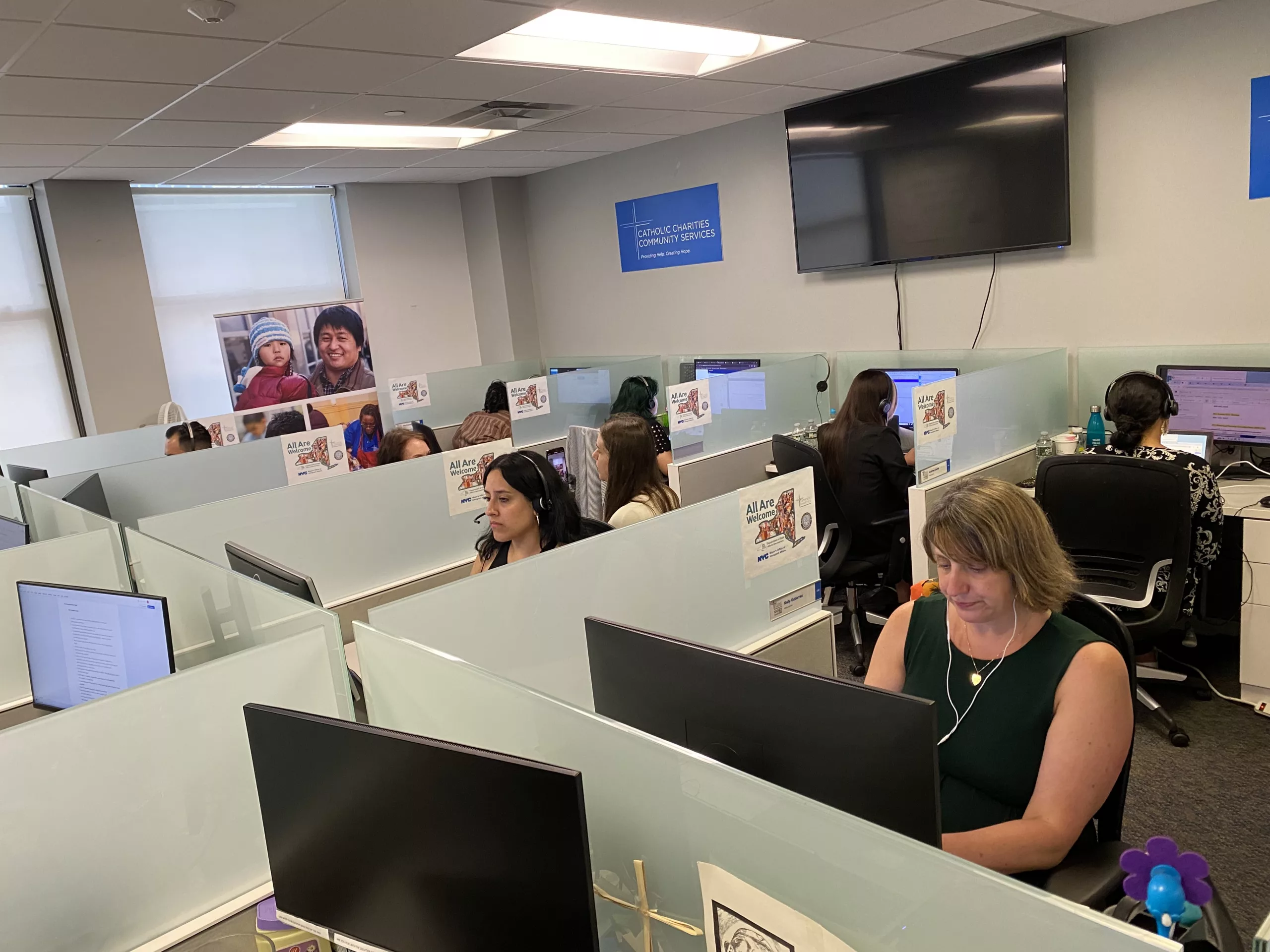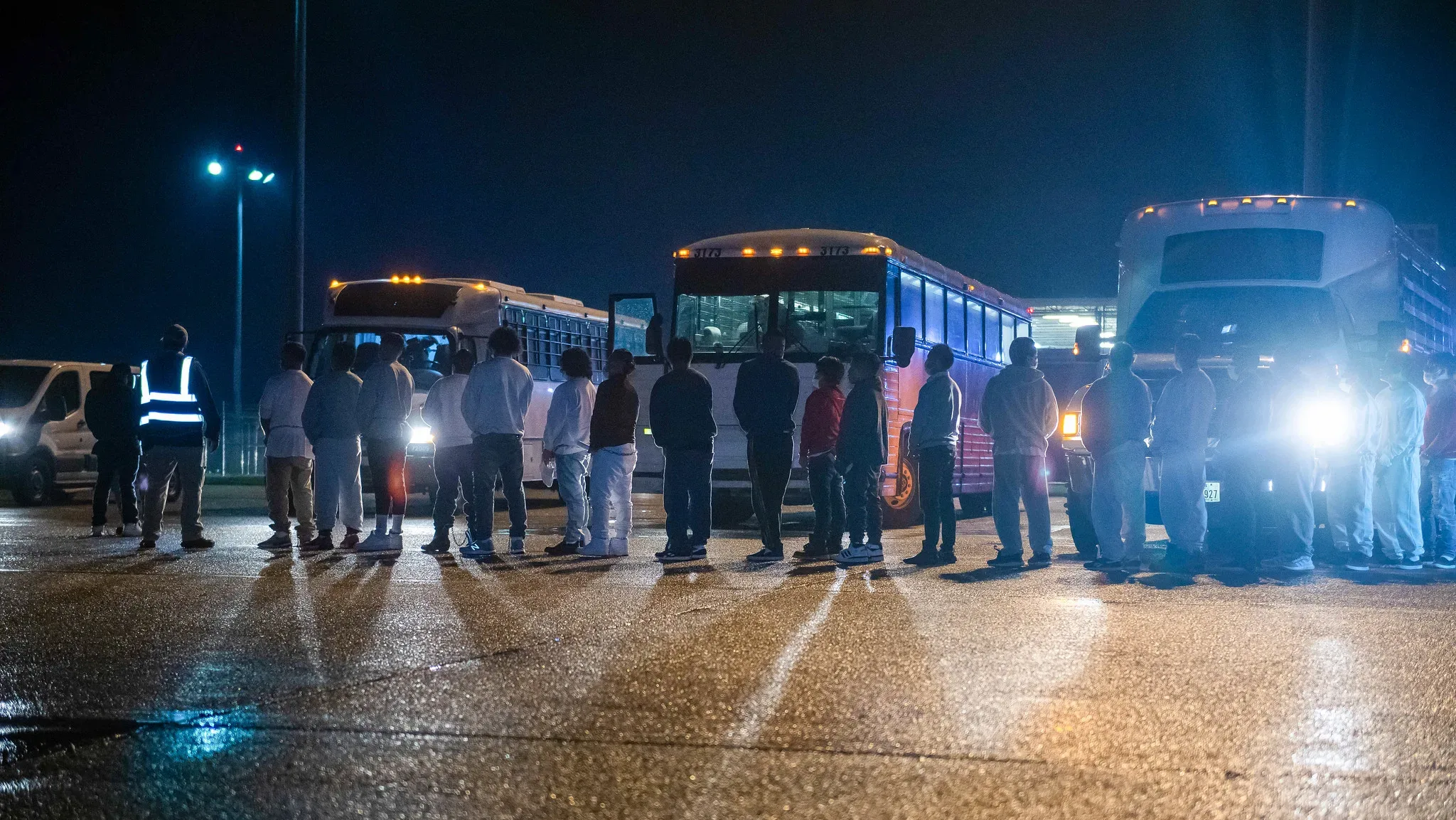This summary was featured in Documented’s Early Arrival newsletter. You can subscribe to receive it in your inbox three times per week here.
New York City Mayor Eric Adams announced that his office is distributing an additional $3 million to the 150 families affected by the devastating Bronx fire. The news comes only a week after Documented reported that the mayor’s office had only distributed 10% of the donations raised to support survivors of the fatal incident, showing how powerful and vital local journalism can be when reporters and community members come together. Our reporter, Amir Khafagy, had written an exclusive report that found that the Twin Parks fire victims were crowded into bedbug infested motels and given only $2,150 to rebuild their lives. Immigrants have an extra layer of difficulties to face, such as the threat of deportation or ongoing asylum cases. Catch up on the report on Documented.
In other local immigration news…
Home Care Workers Call on Hochul to Fund Fair Pay in Final Budget
Today, over 150 home care workers and home care providers will call on New York Governor Kathy Hochul to fund the Fair Pay for Home Care act in her final budget. A recent Mercer labor analysis shows that New York faces the worst home care shortage in the nation, and low wages are the single largest driving factor. The home care shortage is projected to increase exponentially: New York will have nearly 1 million job openings in home care by 2028. The Fair Pay for Home Care legislation would more than pay for itself through increased spending, job creation and moving home care workers off of social assistance, a study has found.
Marcus Baram joins Documented via ProPublica’s Local Reporting Network
We are pleased to announce the latest addition to Documented’s team: Marcus Baram. Baram has held many jobs in his three decades in New York, including working as an investigative reporter, gossip columnist, private investigator, schoolteacher, waiter, bartender, nightclub DJ, and even an ice-cream truck driver. His most recent stint was as an editor at Capital & Main, an award-winning news nonprofit, where he led two special projects: one focused on income inequality in America and the other examining the oil and gas industry’s influence on California’s climate policy.
Baram has worked as a reporter for the New York Daily News and as an editor at the New York Observer, in addition to freelance writing for The New Yorker, The New York Times, New York magazine, and Fortune magazine. His critically acclaimed 2014 biography of the late Gil Scott-Heron, “Pieces of a Man,” was named a notable book by The New Yorker.
His project with us will begin on April 1 through a partnership with ProPublica’s Local Reporting Network, which was launched in 2018 to boost investigative journalism in local newsrooms.
Here’s the Spanish Version of Documented’s Guide to Pro-bono Lawyers and Free Legal Immigration Services in New York

Immigration cases of all kinds can be financially taxing and detrimental to the welfare of the individuals and families involved. It is estimated that fees to resolve an immigration case range between $370 and $12,000, while U.S. Customs and Immigration Services applications can cost hundreds of dollars more. This is why we recently updated our list of pro bono lawyers and legal immigration services. While it is not required for someone facing immigration proceedings to have legal representation, it is highly recommended. Find the guide in Spanish, and in English, on Documented. Due to the high demand, some of the organizations listed may or may not be taking new cases. We recommend calling ahead of time and asking for information.
New Report Examines Impact of New York Excluded Workers Fund on Communities
A new report from the Urban Institute and the Immigration Research Initiative examines the impact of the New York Excluded Workers Fund that provided undocumented workers with financial relief they didn’t otherwise qualify for during the pandemic. The report shows that the fund helped recipients make ends meet, pay back rent and other bills, repay debt incurred during the pandemic, and stabilize their housing. The fund improved local economies as people invested in local businesses and spent money in local shops. Worker and immigrant organizations are continuing to advocate for additional funds and a permanent strategy moving forward for excluded workers.














